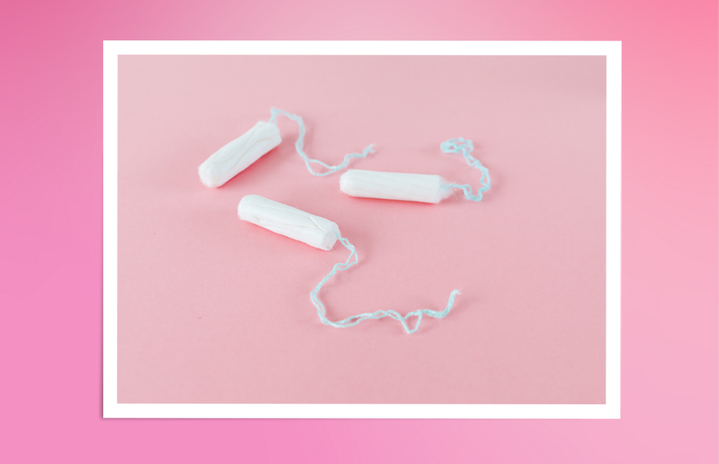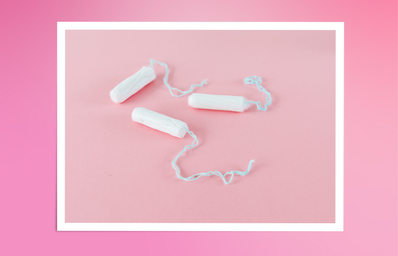Knowing each menstrual cycle phase and how your hormones are affected can help you understand how you feel throughout the month. You have an advantage when you are aware of how you will react emotionally in each phase. It’s important to track your cycle as it may help you identify patterns in your emotions, food cravings, and symptoms. Building this awareness through tracking helps you plan your work and social calendar. Let’s get into each of the phases and what emotions you may experience during them:
Phase 1- Menstruation
On the first day of your cycle, all your hormones are low, so it’s common to feel tired, moody, and irritable. This phase usually lasts three to seven days. Menstrual cycles tend to shorten and become more regular as you age. Light movements are best during this phase, as rest is critical. Try to drink tea like chamomile to help with cramps. Avoid salty foods, alcohol, and caffeine.
Phase 2 – Pre-Ovulation (follicular)
This phase happens right after menstruation, estrogen, and testosterone levels pick up. You will feel your best and have more energy as higher estrogen boosts your mood. You also may feel more relaxed in stressful situations and attuned to people. You may be more interested in social interaction during this time. This phase lasts 14 days. It’s best to opt for light cardio during this phase. Your testosterone is low, which may cause low stamina. Eat foods like broccoli sprouts, kimchi, and sauerkraut to metabolize your estrogen.
Phase 3 – Ovulation
This phase happens within 24 hours since ovulation is short; it’s the time it takes your body to release an egg. Your body is full of estrogen and is most fertile during this time, resulting in a heightened sex drive. You experience similar moods to your pre-ovulation phase. You also may experience bloating and breast tenderness. You should opt for high-intensity exercises as your energy may be higher. You should eat fruits, vegetables, and almonds during this phase to support your liver.
Phase 4 – Pre-Menstrual (or luteal)
This phase is when you will experience premenstrual syndrome (PMS). Your estrogen levels fall, and progesterone rises. You may start to feel irritable, anxious, and bummed out. You also may experience bloating, breast soreness, or acne. This phase lasts 14 days. Progesterone can make you react more to anything you find upsetting, often surrounding your feelings. Situations that didn’t stress you out before may bother you now. You may be more affected by other people’s emotions as well. During PMS, you tend to feel more attuned to your feelings. Your energy levels may be low as your body prepares for another cycle. Doing light exercise during this time is best. You should eat foods that produce serotonin, like leafy greens and quinoa. Foods with magnesium, like dark chocolate and spinach, are also suitable for fighting low fatigue.
Tracking your cycle and symptoms can benefit you immensely. Hopefully this guide helps you better understand your body and increases awareness of your period’s effects on your mental health. As a female, being in touch with your emotions is important as they can directly impact your health.
Sources:
Cycle Syncing: Matching Your Health Style to Your Menstrual Cycle


